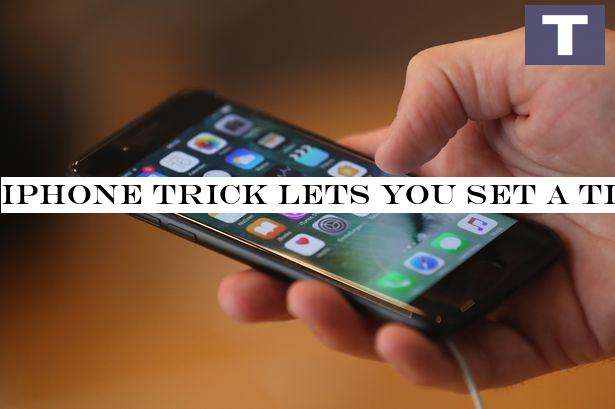Music
Trailers
DailyVideos
India
Pakistan
Afghanistan
Bangladesh
Srilanka
Nepal
Thailand
Iraq
Iran
Russia
Brazil
StockMarket
Business
CryptoCurrency
Technology
Startup
Trending Videos
Coupons
Football
Search
Download App in Playstore
Download App
Best Collections
Technology

- Details
- Category: Technology Today
Read more: iPhone trick lets you set a timer directly from the home screen
Write comment (92 Comments)
- Details
- Category: Technology Today
Read more: Robots deliver shopping to NHS workers during COVID-19 crisis
Write comment (100 Comments)
- Details
- Category: Technology Today
Read more: People with COVID-19 symptoms more than double number who tested positive, app shows
Write comment (91 Comments)
- Details
- Category: Technology Today
Read more: Health Secretary donates to trial of COVID-19 plasma treatment
Write comment (93 Comments)
- Details
- Category: Technology Today
Read more: WHO warns against COVID-19 'immunity passports'
Write comment (92 Comments)
- Details
- Category: Technology Today
Read more: The good news (and not so good news) about the chances of a COVID-19 vaccine
Write comment (94 Comments)Page 898 of 1441

 9
9





